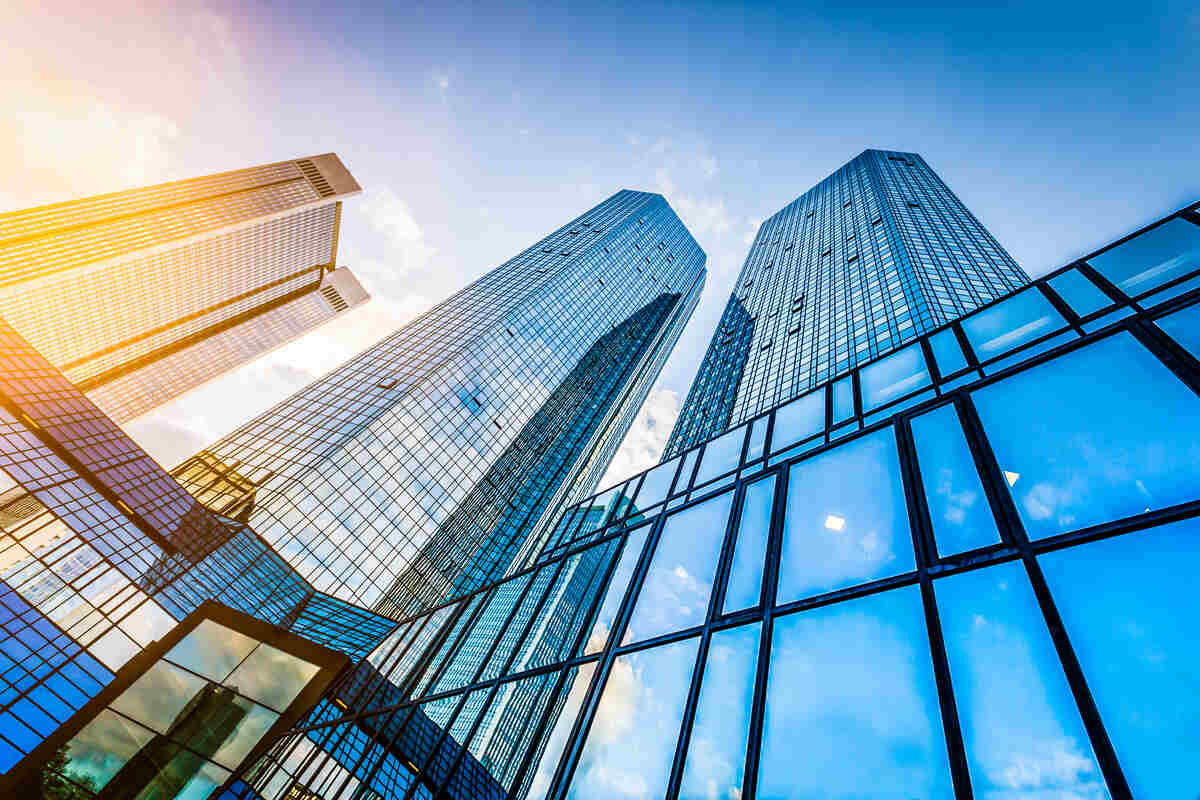
Economic recovery and diversification efforts across GCC countries, including Saudi Arabia and the UAE, are fueling the real estate boom. The continued rollout of large-scale projects under national visions, such as Saudi Arabia's Vision 2030 and the UAE's various economic diversification initiatives, are creating new opportunities in both residential and commercial real estate. These initiatives are attracting substantial investments and leading to increased activity in the property sector.
Saudi Arabia, in particular, is witnessing a surge in real estate transactions. The country’s efforts to reduce its dependence on oil revenues and enhance its economic resilience are leading to substantial investments in infrastructure and urban development. Key projects like NEOM and the Red Sea Development are attracting international investors and contributing to a buoyant real estate market.
In the UAE, Dubai and Abu Dhabi continue to be focal points for real estate activity. Dubai’s property market is benefiting from an influx of foreign investment and a thriving tourism sector. The introduction of new visa policies and the hosting of major events, such as Expo 2020, are driving demand for residential and commercial properties. Similarly, Abu Dhabi is seeing growth in its real estate sector, bolstered by government initiatives aimed at boosting economic activity and real estate development.
The GCC real estate market is also witnessing a shift in demand patterns. There is an increasing preference for mixed-use developments and sustainable building practices. Investors and developers are responding to this trend by incorporating green building technologies and creating multifunctional spaces that cater to both residential and commercial needs. This shift is in line with global trends towards sustainability and smart city development.
Furthermore, demographic changes are impacting the real estate sector. The growing population, including a young, expatriate workforce, is driving demand for affordable housing and high-quality living environments. The increasing number of high-net-worth individuals in the region is also contributing to a strong demand for luxury properties.
Despite these positive trends, challenges remain. Market volatility and geopolitical uncertainties can influence investor confidence and impact real estate transactions. However, the overall outlook for the GCC real estate sector remains positive, with expectations of robust growth in the coming months.
The report from Markaz highlights that the real estate sector's resilience and adaptability are key factors driving its positive outlook. As the region continues to implement its economic and development plans, the real estate market is well-positioned to capitalize on emerging opportunities and sustain its growth momentum through the second half of the year.
Topics
Spotlight
